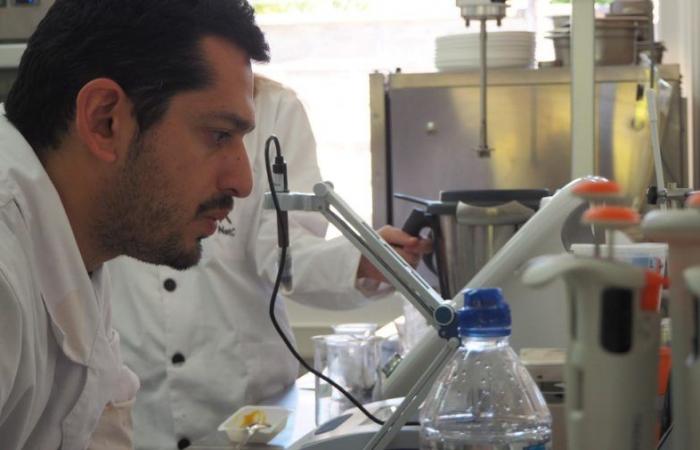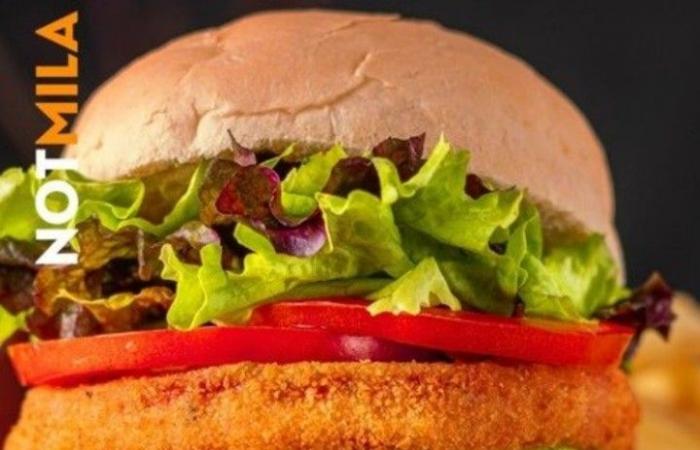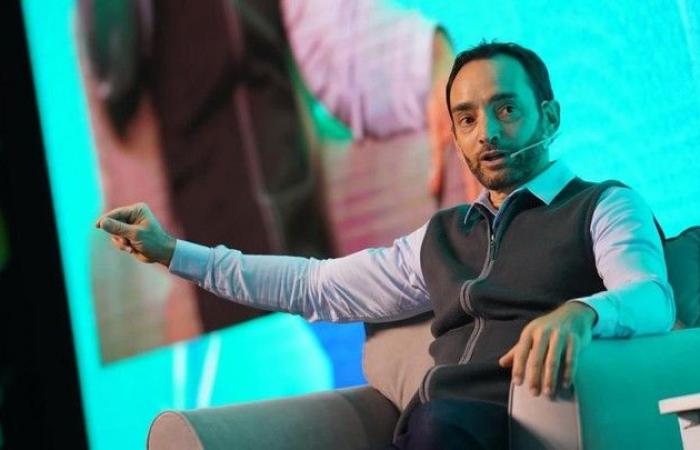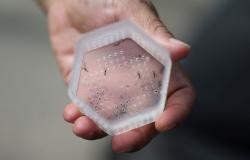Although its founder Matías Muchnik, with a birth certificate in Chile, confesses to being crazy about cheese, in 2015, at 24 years old and having graduated as an Economist, he had the idea of founding a company dedicated to preparation of foods of plant origin.
In California and together with two scientists, they created an algorithm that they named Giuseppe, in honor of the famous painter Giuseppe Arcimboldo who in the Middle Ages portrayed human faces with vegetables. The algorithm uses artificial intelligence (AI) to create foods made from plants that replace animal origin.
That is NotCo, the company in which the family invested. Chanel, Twitter founders Jeff Besos and the Kazeck fundby the Argentineans Hernán Kazah and Nicolás Szekasy, the most relevant in the knowledge economy.
Also, Tiger Global and Catterton, which in the country is a partner of Francisco de Narváez in Caro Cuore and Rapsodia and owns part of the Luigi Bosca winery. NotCo counts 100 investors between Roger Federer and British driver Lewis Hamilton and it has been one of the unicorns of the region for several years.
NotCo’s plant-based mayonnaise, ice cream, even burgers are in grocery chains. supermarkets, in Mostaza, Burger King, Freddo, Tomasso in pizzas and their Notmilk in Starbucks.
The novelty is the alliance with the US giant Kraft Heinz. NotCo replicates its products such as plant-based Philadelphia cheese.
The secret is in Giuseppe, the algorithm that mixes the molecular components of food with the human perception of flavor, texture and aroma. Giuseppe has uploaded the information of more than 400,000 species of plants.
The most popular product is NotMayo, a mayonnaise created from chickpeas (instead of eggs), plant-based burgers but with a meat flavor, milk, with a cow’s milk flavor, and ice cream, always of plant origin.
It all started when Muchnik met Karim Pichara, a doctor in Computer Science, an expert in astrophysics, at Harvard University and together they combined their knowledge. Then they added Pablo Zamora, a doctor in biotechnology and dedicated to plant genomics. Zamora retired from the project and today directs Chile Foundationa public-private entity that promotes innovation in the neighboring country.
Argentina was his first international expansion and it was not difficult for them to expand in the country of barbecue and dulce de leche from diet stores to supermarket chains. The company is valued at US$2 billion.
NotCo does not have its own manufacturing plants: outsources production. Its strategy consists of creating inputs and components, and then hiring firms in each market to prepare the mixtures and ingredients for its products.
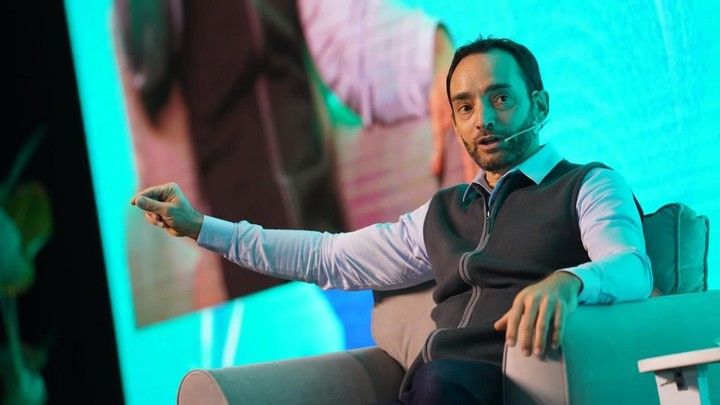 Hernán Kazah from the NotCo investment fund.
Hernán Kazah from the NotCo investment fund.Matias Latugaye is the CEO in Argentina and points out that when they launch a product, they describe it to those in charge of Artificial Intelligence. With that information, Giuseppe searches through all the available data to find the best plant-based options.
“And we try with trial and horror and trial and error until it comes out perfect. It is a great creative process,” adds Muchnik, commenting that Gisupeppe also learns very quickly. For example, NoTChicken is made with corn and peach to replicate the flavor of chicken. In the case of milk, they use cabbage and pineapple, which have lactose proteins.
Muchnik lives on airplanes and in New York, home of his global offices. But the laboratory and one of the production plants remain in Macul, an industrial area of Santiago, Chile. They opened another one in San Francisco and have been invested US$200 million in research. This team is made up of 160 scientists.
Muchnik tells Clarion that Gisuseppe has special modules that allow analyzing the synthesis of plants and even creating flavors that human beings do not yet know. Anticipate innovation in categories such as snacks that can replace unhealthy ingredients and also achieve the desired satiety effect.

